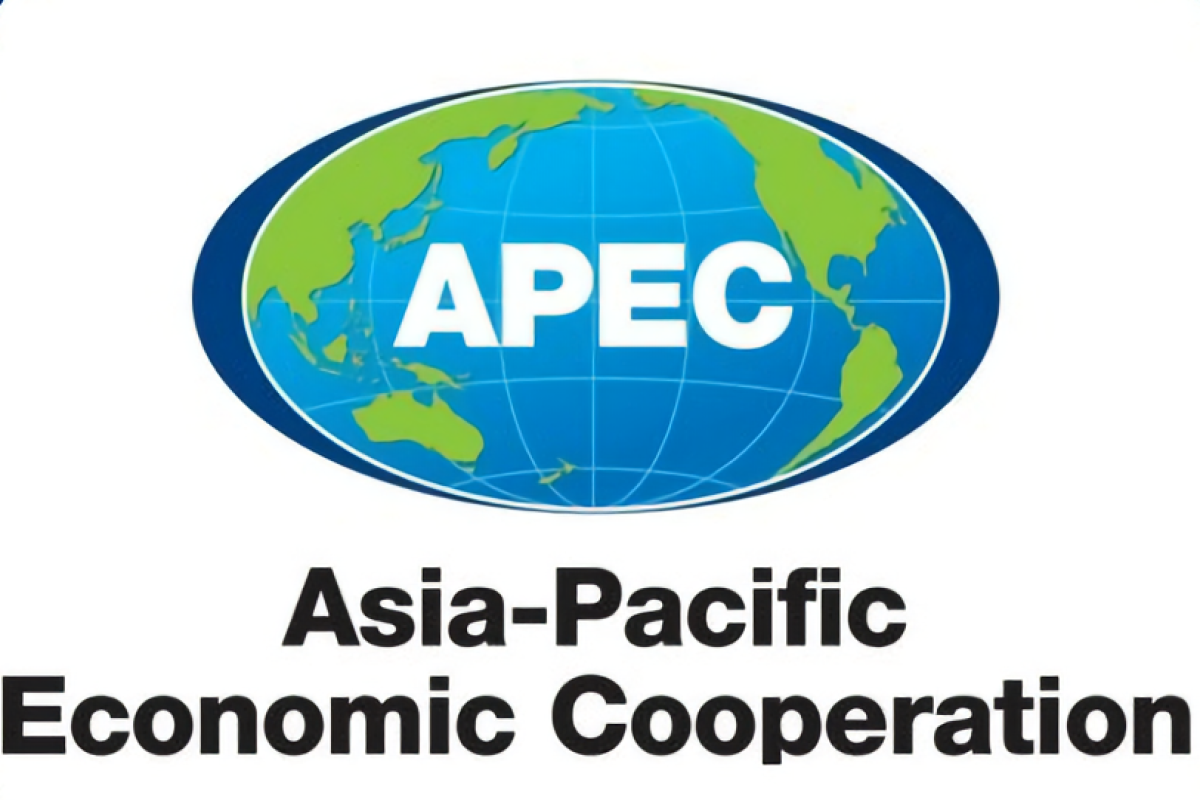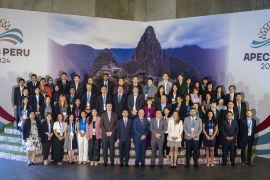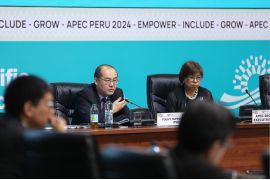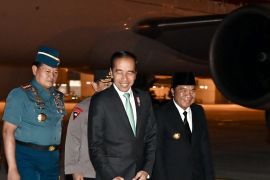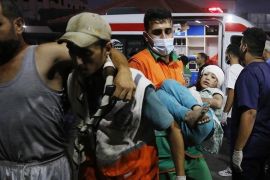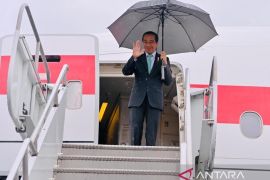"This pandemic highlights more than ever the current and future value of multilateral cooperation that should ideally be in fighting form amid a global crisis," Sta Maria noted in a written statement issued by the APEC Secretariat and received here on Thursday.
Sta Maria pointed to the vital role of international organizations in monitoring and assessing the impact of a crisis on trade, investment, and global value chains. Furthermore, a multilateral approach also touches on broader shared issues, including migration and access to healthcare, social protection, and credit.
"It is possible for governments to go in the other direction as a result of COVID-19. We might find ourselves isolated from each other and with our borders closed far longer than would be appropriate. If this happens, we will be poorer and more vulnerable to inevitable future challenges, the long list of which includes recessions, climate disasters, and more pandemics," Sta Maria cautioned.
Hence, in a bid to take such thought a step further, she believes that closer international cooperation is one of the most potent weapons in our possession against future pandemics. Governments can act swifter and better in a coordinated manner if they have cooperated optimally in advance of a crisis.
"Take for instance, the 21 members of the APEC forum, a diverse collective encompassing a range of developing to advanced economies that have made a commitment to economic integration and regional cooperation. The APEC forum serves as a platform for governments to compare notes, share feedback, and exchange information on best practices. Results of this are apparent in the current situation," she expounded.
APEC health officials note that lessons learnt from past epidemics -- SARS, H1N1, and Ebola -- have boosted the resiliency of the global public health system. Region-wide, there is little disagreement on the need for a massive economic policy response.
Every APEC member is rolling out fiscal stimulus to counter the impact of COVID-19 on lives and livelihoods. The amounts vary due to need and capacity — total fiscal packages range from 0.05 to 2 percent of the gross domestic product (GDP), with a few outliers at five to 11 percent of the GDP—but efforts have been intensified region-wide.
The response is unprecedented, not only in terms of the sheer scale but also in the wide net of support targeting different sectors. Rollouts are intended to keep businesses of all sizes afloat, with several economies launching liquidity facilities, loan guarantees, as well as tax deferrals and other relief measures for small and medium enterprises that are identified as the most vulnerable during a crisis.
Every economy has made allocations for health-related spending, such as compensation for health workers and front liners, as well as additional resources for hospitals. Social spending has also intensified across the board, often taking the form of payroll support or direct cash assistance, to keep workers employed and households solvent.
Though implemented unilaterally, these responses did not emerge in a vacuum and are informed by decades-long economic and technical cooperation among APEC’s membership.
Related news: Riau police and doctors, students handle corpses of COVID-19 patients
Related news: Indonesia to produce 16,000 WHO-compliant PPEs per day
Additional interventions, involving deeper multilateral commitments, are likely required. Economies can agree to remove measures hindering supply chains vital to the production and distribution of medical products and equipment.
"They can commit to continuing free trade and investment and to avoiding new protectionist measures that may impede the rebound post-pandemic," Sta Maria noted.
For instance, to reinvigorate the economy, disrupted supply chains will have to be reconnected and made more resilient, through digital innovation and business continuity planning. It would require not only collaboration between governments but also with the private sector, with its culture of innovation and enterprise.
Sta Maria also pointed out that any policy gains during the crisis, in inclusion, healthcare, and social protection — all necessary to successfully fight a pandemic and move quickly towards recovery — can be maintained through joint commitments at the regional level.
"Ensuring the health and prosperity of our neighbors, after all, contributes to maintaining our own," she affirmed.
Related news: Global cooperation crucial in fight against COVID-19
Related news: Indonesia not alone in fight against COVID-19 pandemic
EDITED BY INE
Reporter: Yuni Arisandy Sinaga
Editor: Fardah Assegaf
Copyright © ANTARA 2020
